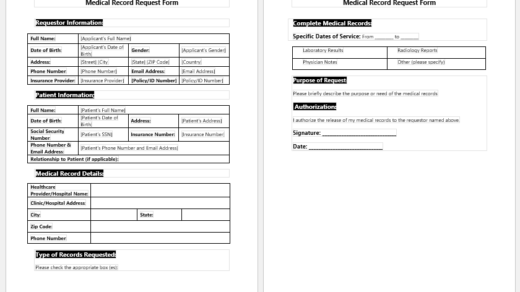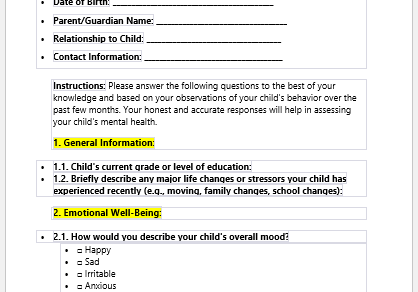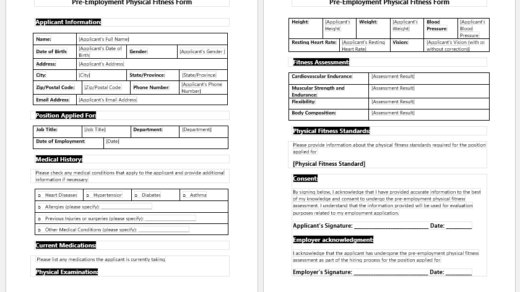Aphasia is a disorder of the central nervous system in which one who is affected is unable to speak well as he is expected to. In aphasia, the language and speaking skills of a person are affected to a level that it becomes difficult for the listener at times to understand what the other person is saying.
Causes of aphasia
- There are many causes of aphasia. The most common cause is the injury to the speech area in the brain. Sometimes, people who are suffering from aphasia are also not able to write properly. This particularly happens if the motor area in the cerebrum is affected.
- Injury to the brain because of hemorrhage or ischemia resulting in stroke is the most common cause of aphasia.
- Sometimes, trauma to the central nervous system in road traffic accidents also results in aphasia at a very young age.
- Some infections are also known to cause aphasia resulting from the infection of the speech area in the brain as well.
Types of aphasia
There are many types of aphasia especially depending on the underlying cause and the area damaged in the brain.
Let’s have a look at the most common types of aphasia
- Broca’s
aphasia
Broca’s area is the speech area present on the left of the brain and is classified as Broadman’s areas 44 and 45. It is responsible for speech production. Damage to Broca’s area because of any reason may result in aphasia. Broca’s aphasia is also called non-fluent aphasia because the words uttered by the patient are totally random and not a single word can be comprehended. The patient is unable to complete the sentences.
- Wernicke’s
aphasia
Wernicke’s area is present in the temporal lobe of the cerebral cortex and makes Brodmann’s area number 22. It is basically fluent aphasia also termed as sensory aphasia. In Wernicke’s aphasia, the patient’s speech is not impaired but his ability to understand the speech of other people is impaired. As a result, he utters unclear and irrelevant words.
- Primary
Progressive Aphasia
It is abbreviated as PPA. In primary progressive aphasia, the patient is initially quite well and there are no signs and symptoms of impaired speech in the beginning. As time passes, the patient starts showing signs of aphasia and his speech begins to get blurred and difficult to understand. This type of aphasia is mainly to the neurodegenerative reasons in which the brain tissue is gradually affected resulting in impaired speech along with other signs and symptoms. A most important example of primary progressive aphasia is Alzheimer’s disease.
Aphasia wallet card
The aphasia wallet card is always put in a patient with aphasia to avoid any unwanted situation. This card makes sure that the person is given space to communicate when there is a difficulty. Especially if someone suspects them to be drunk or for any other crime, this card proves to be useful in clearing the misunderstanding. The card contains information that this cardholder has aphasia, he is not drunk or on any drug, and that he must be given time to make himself understand.



